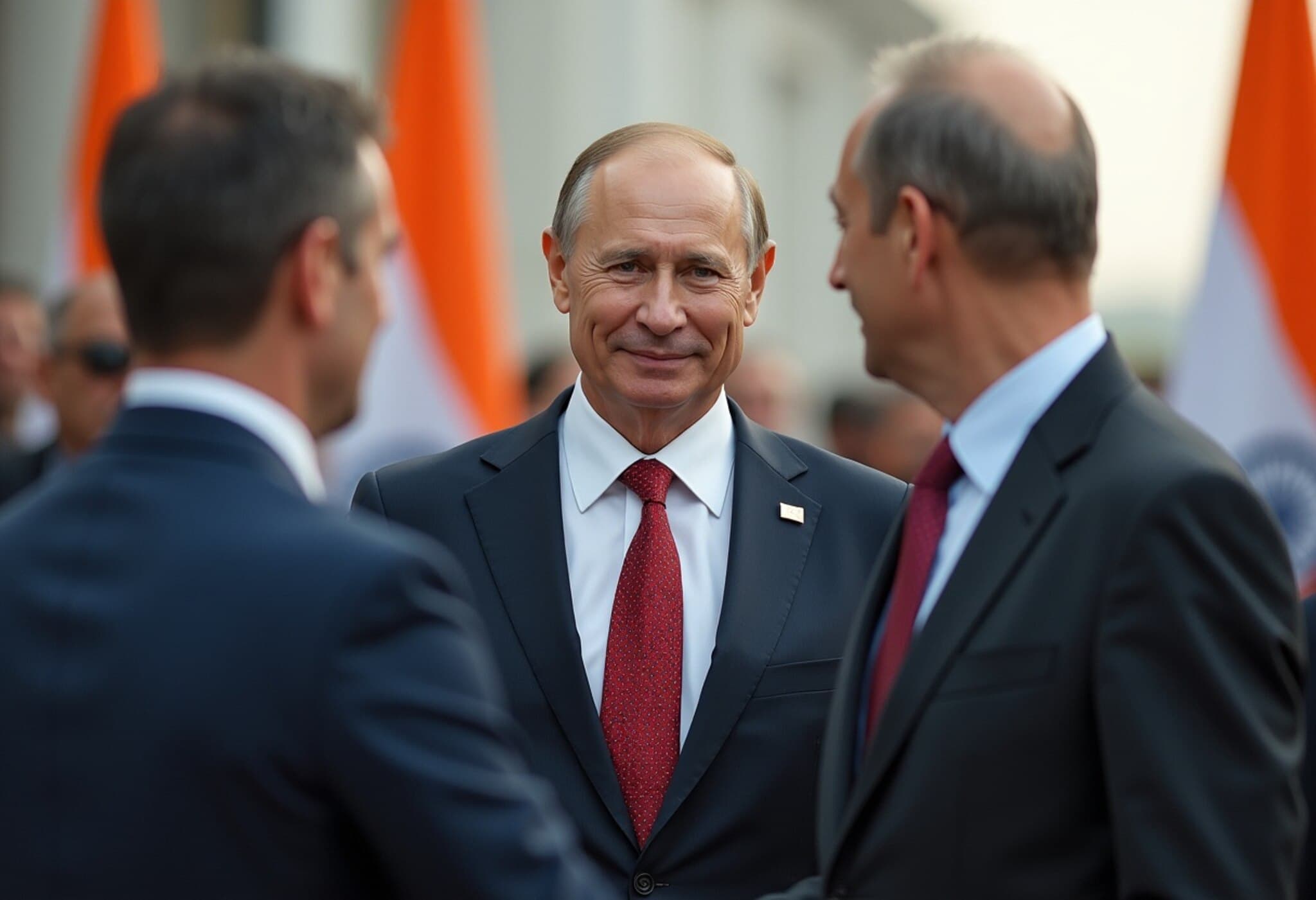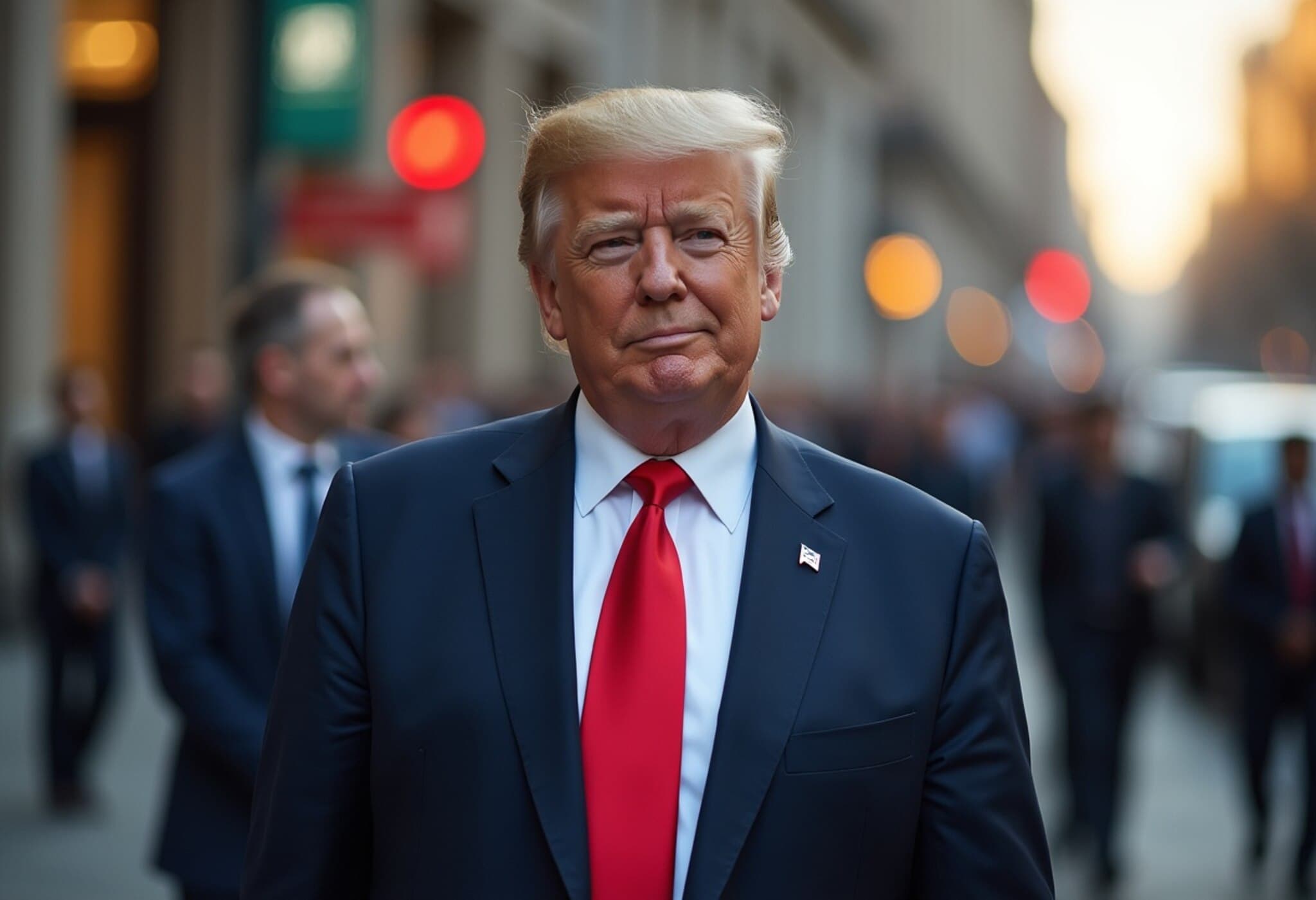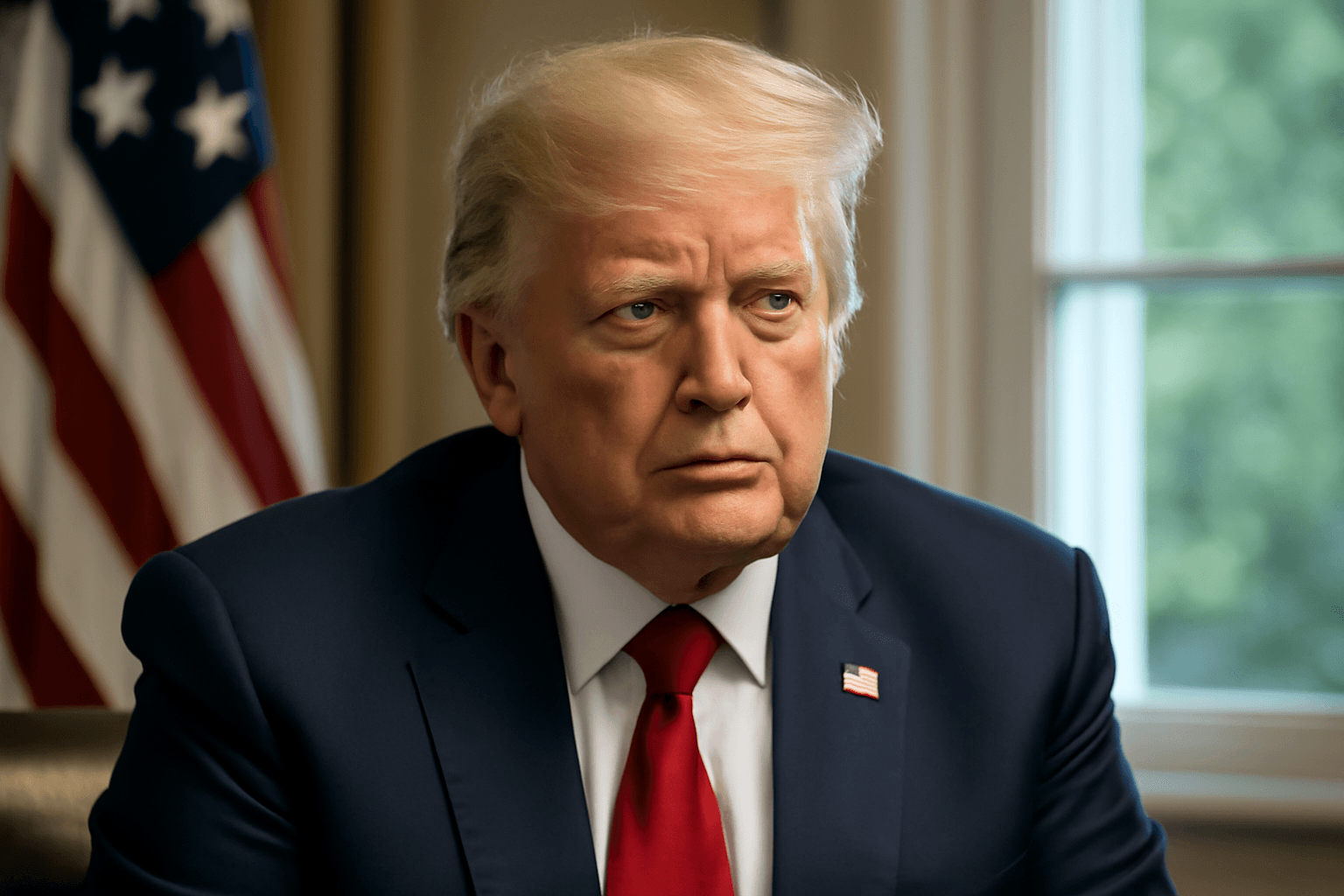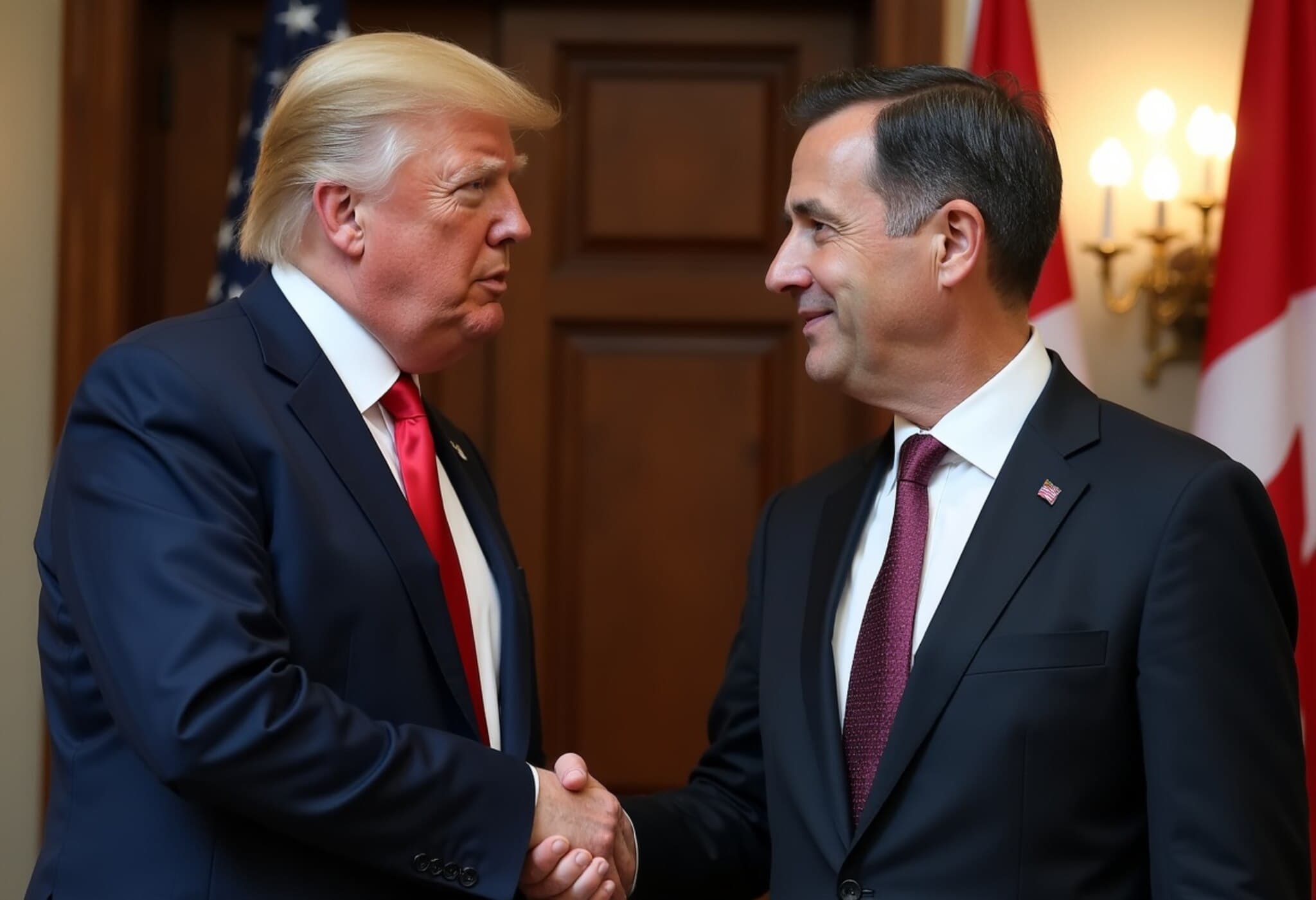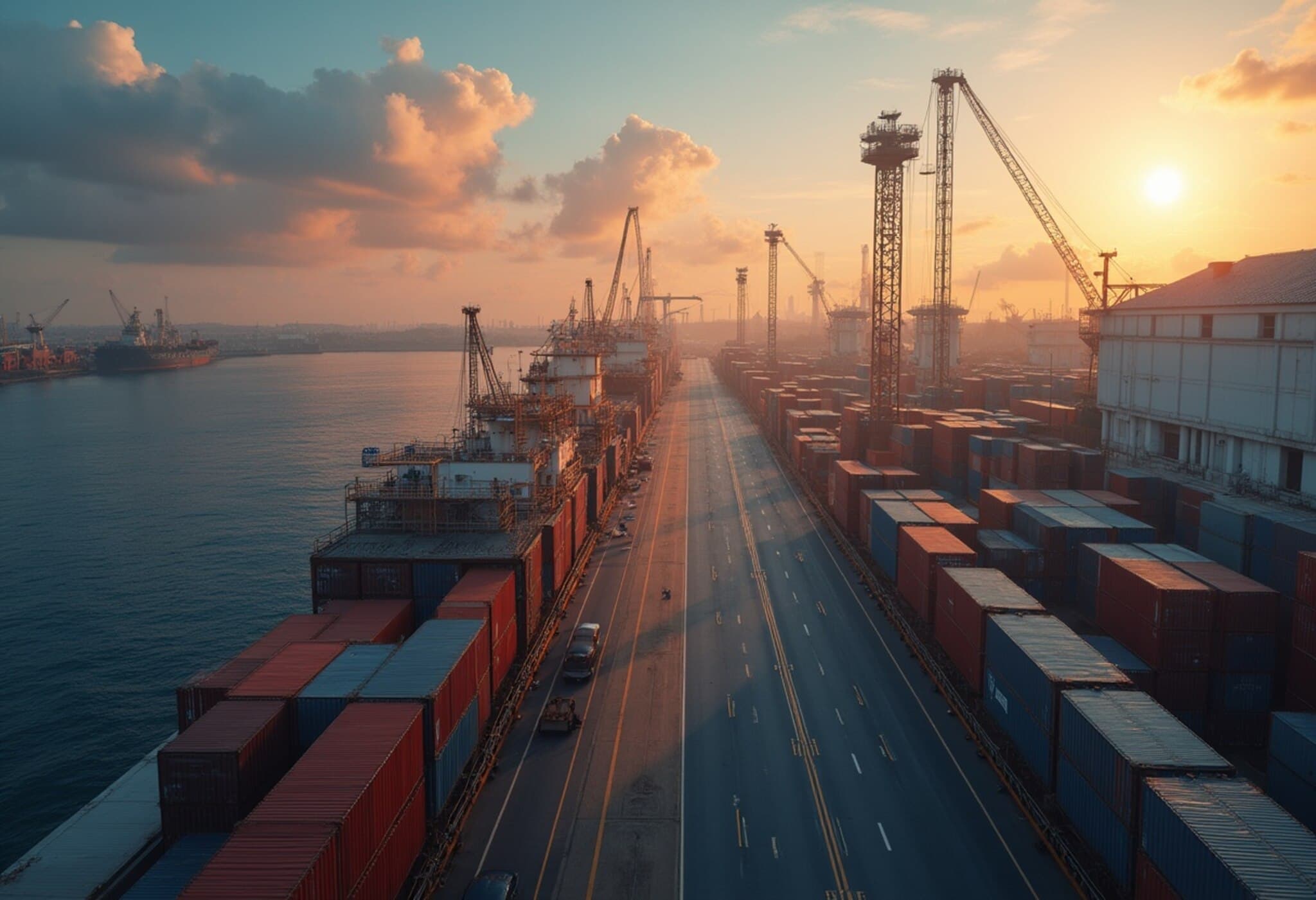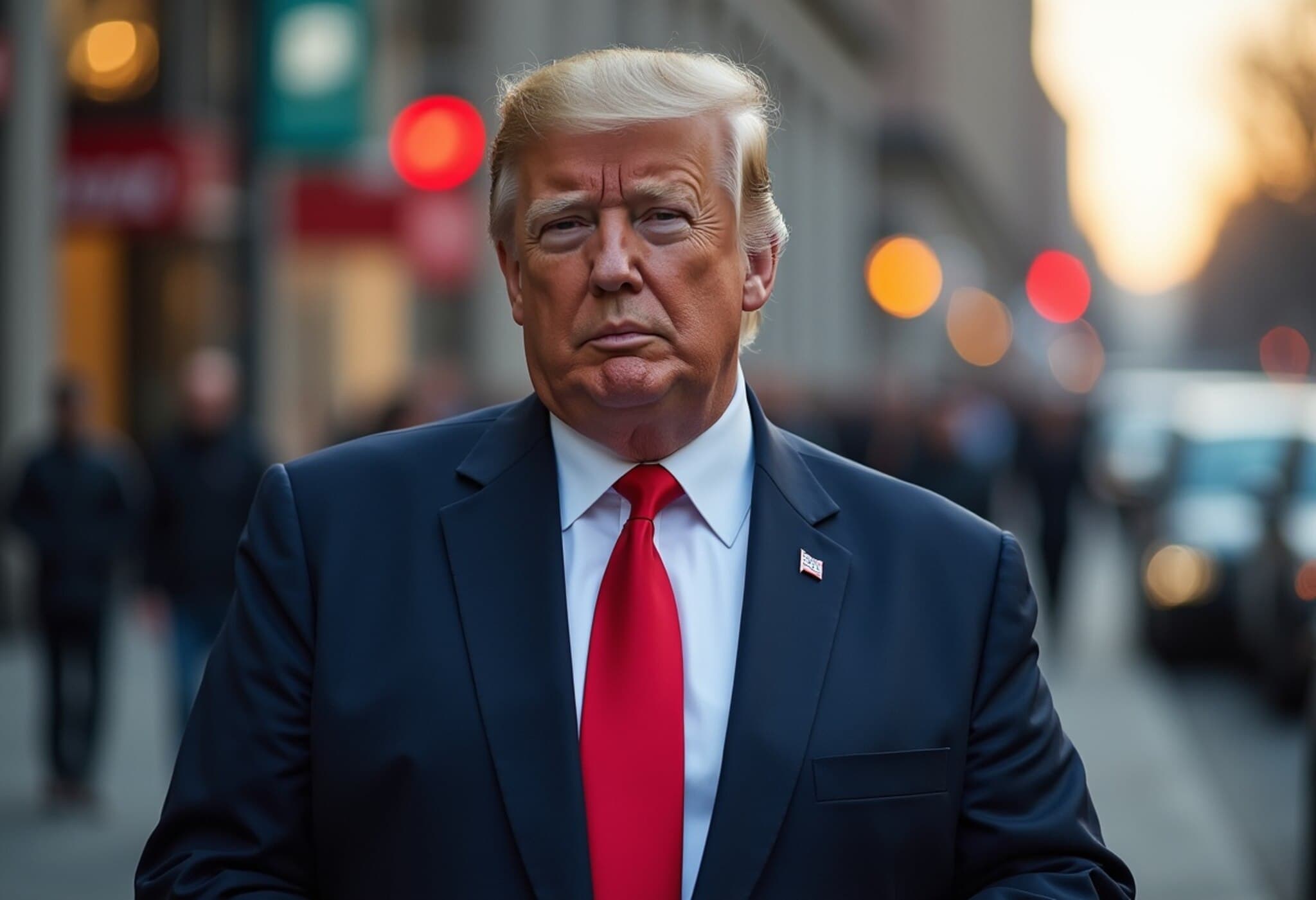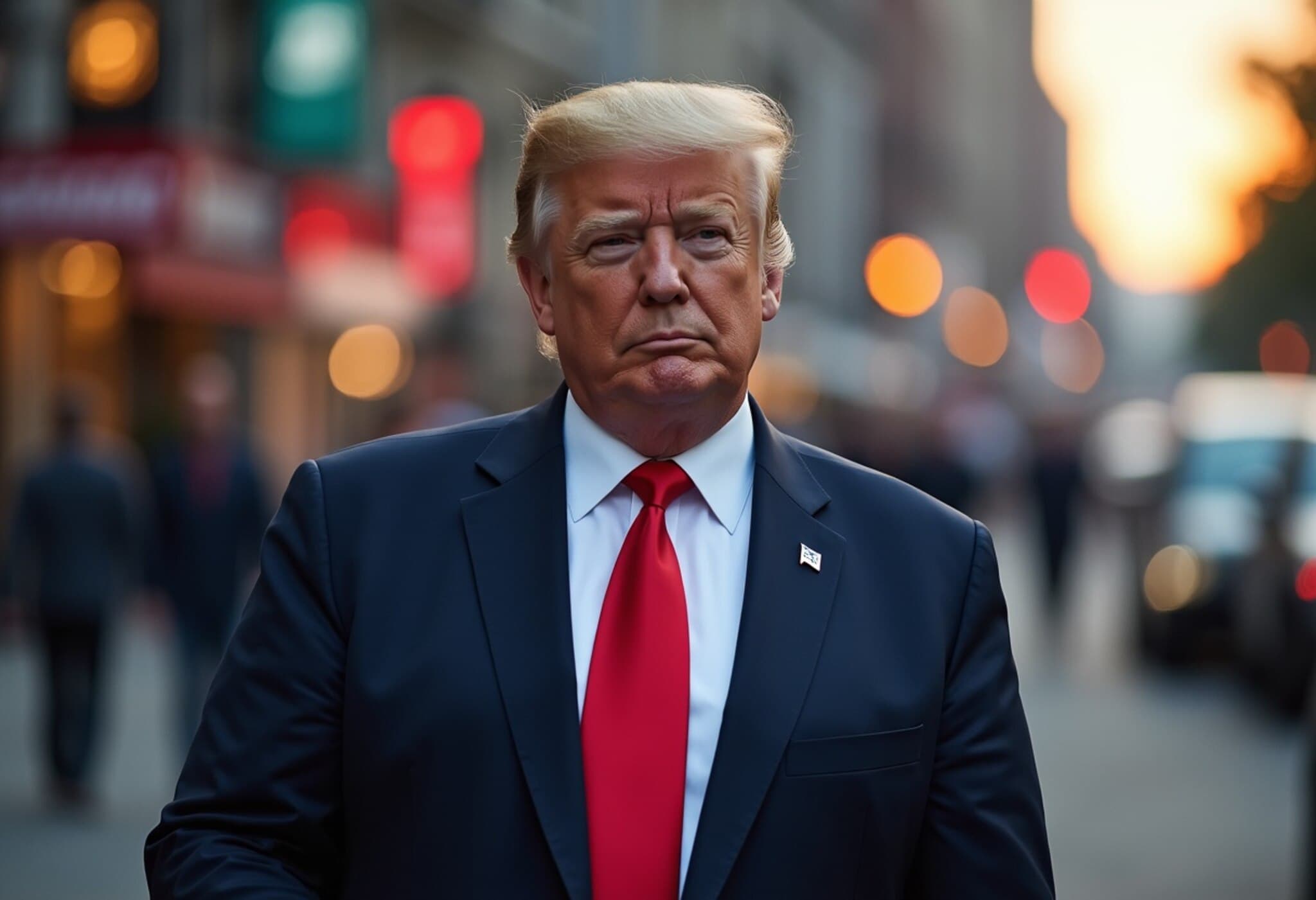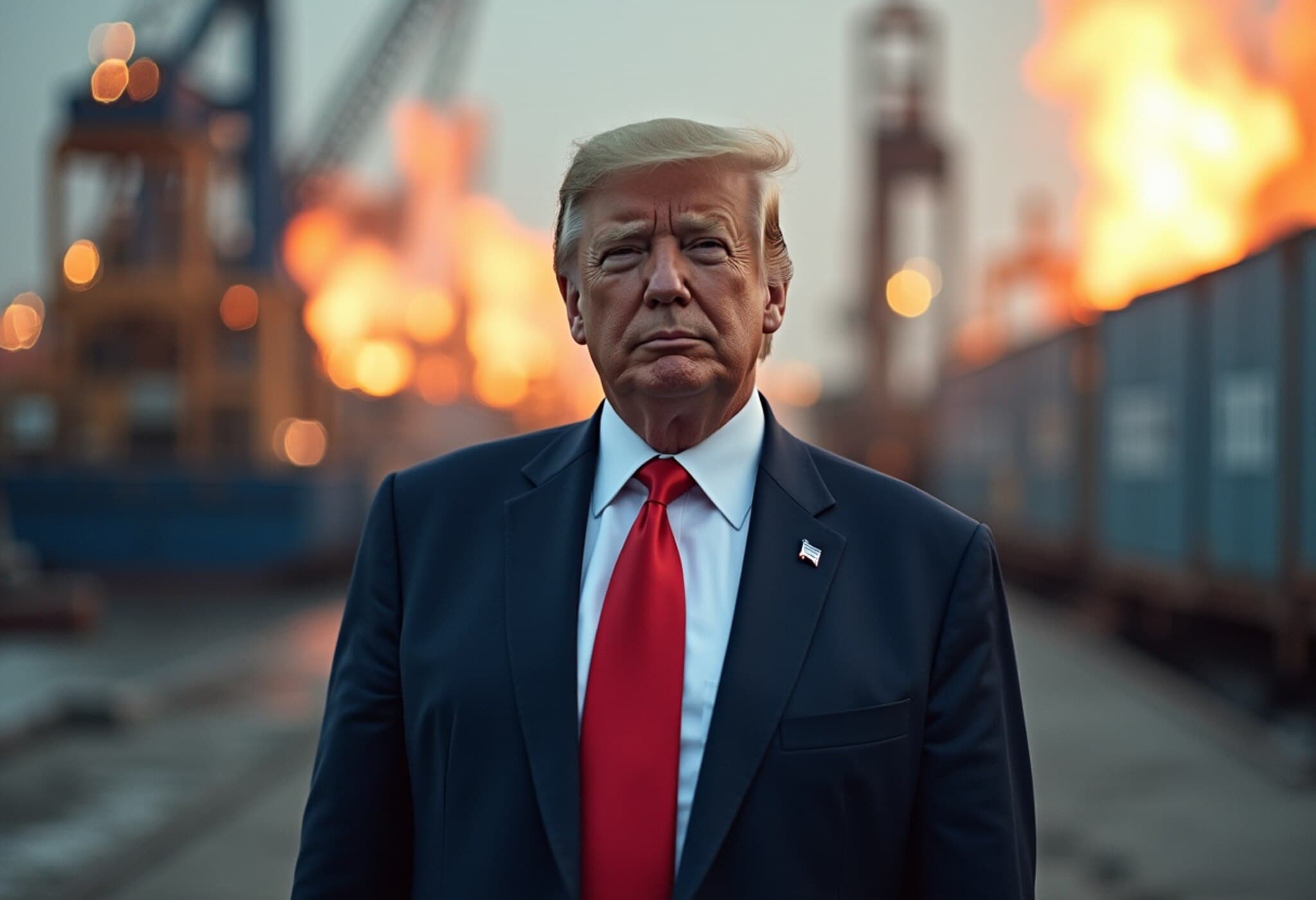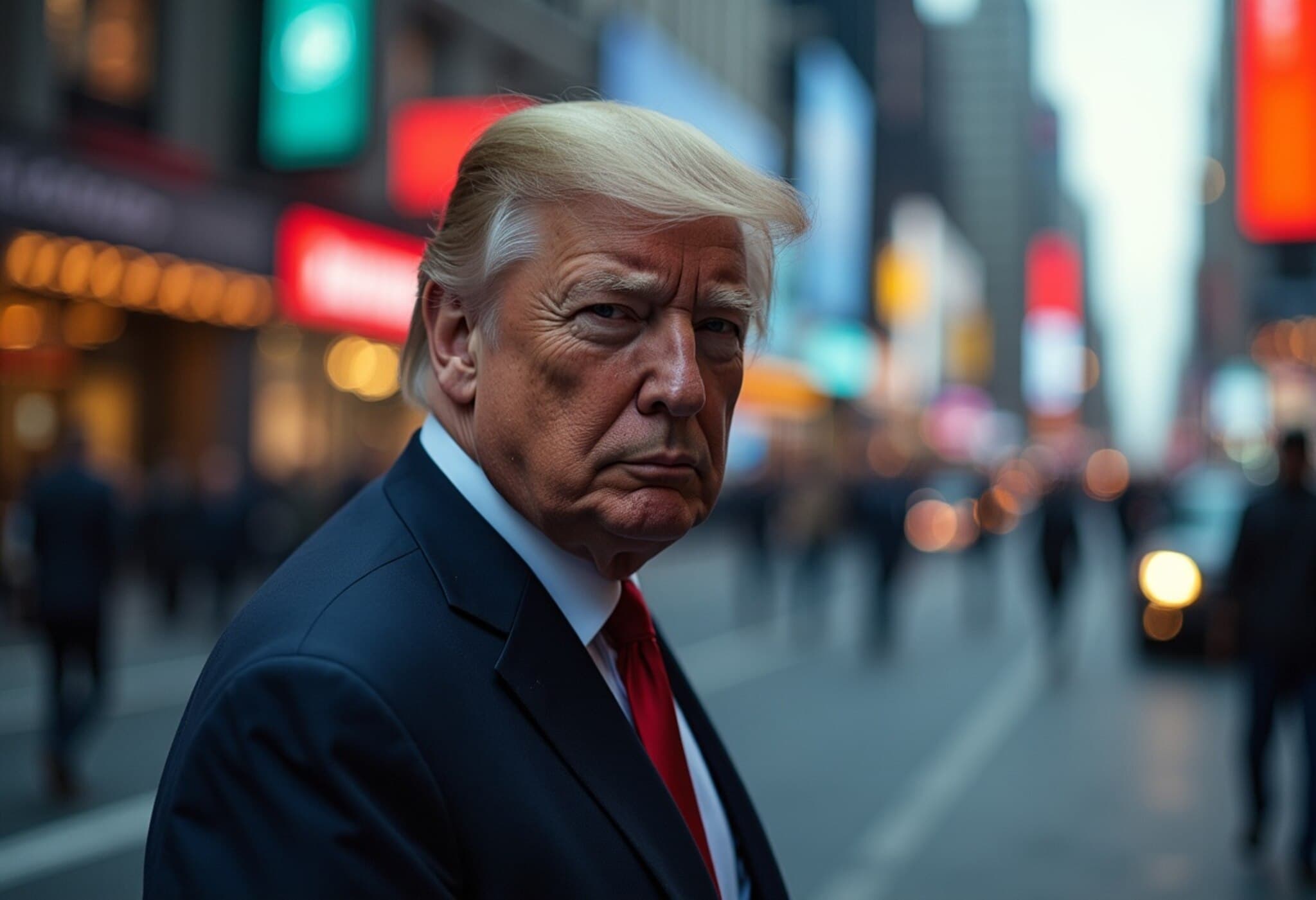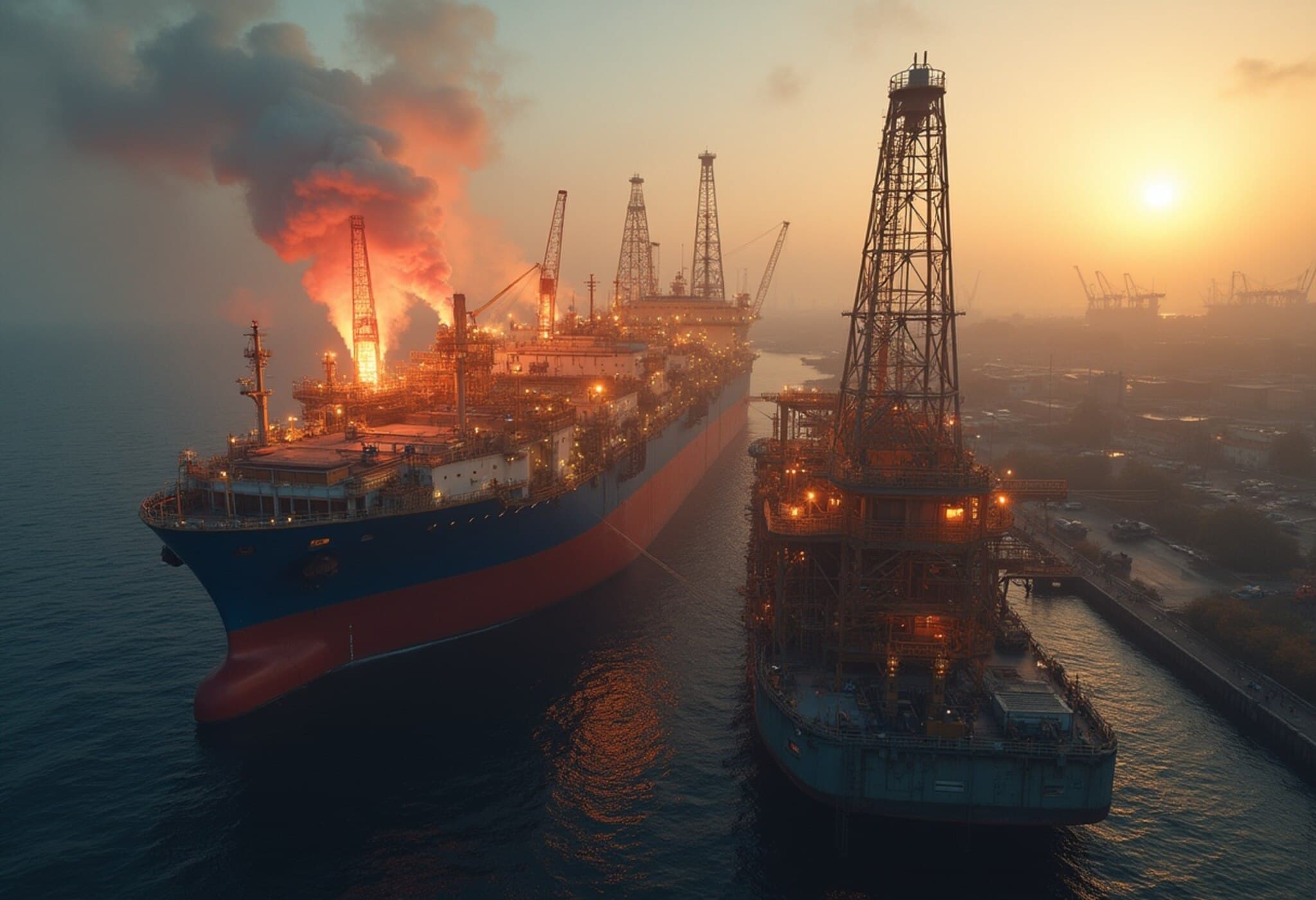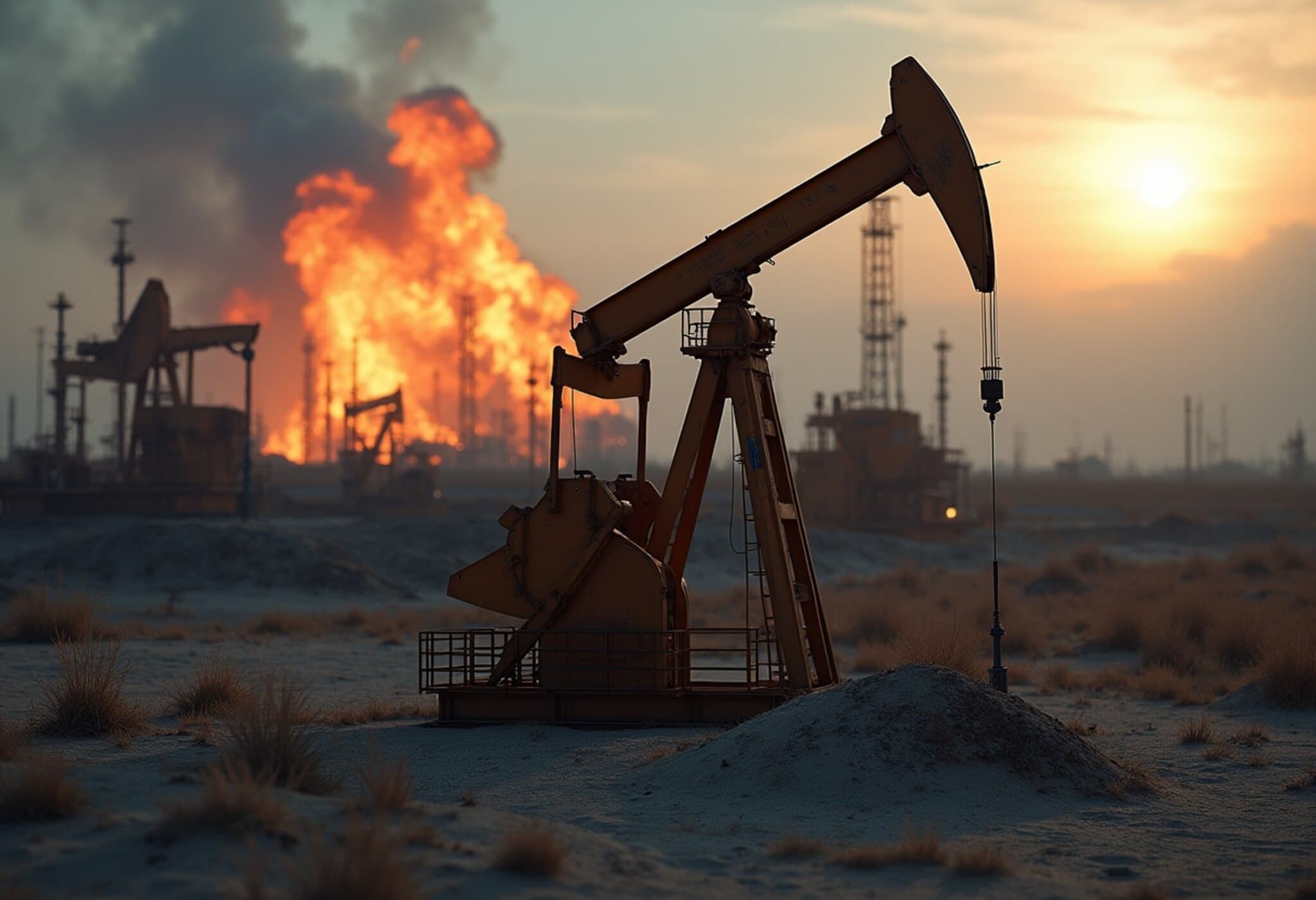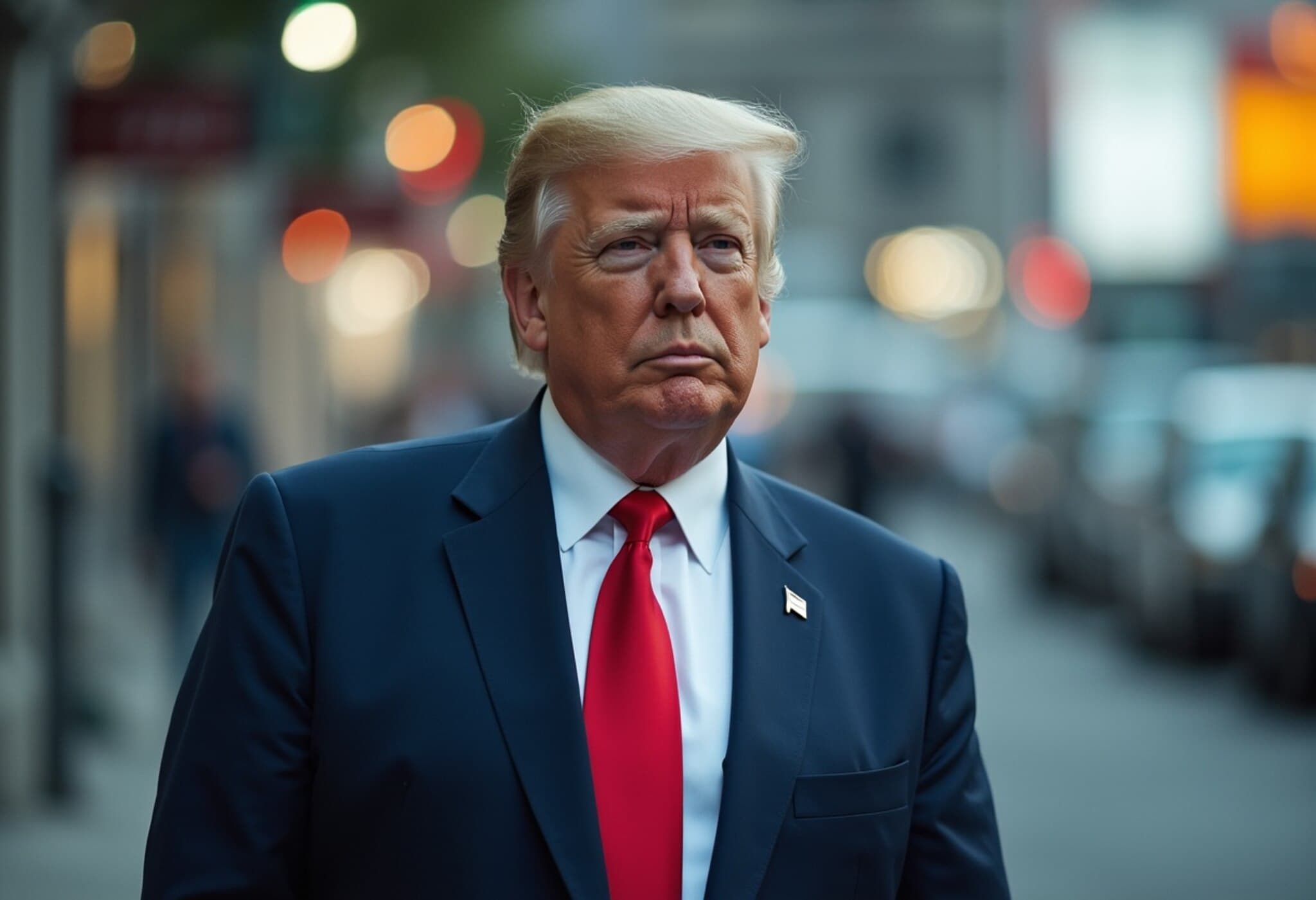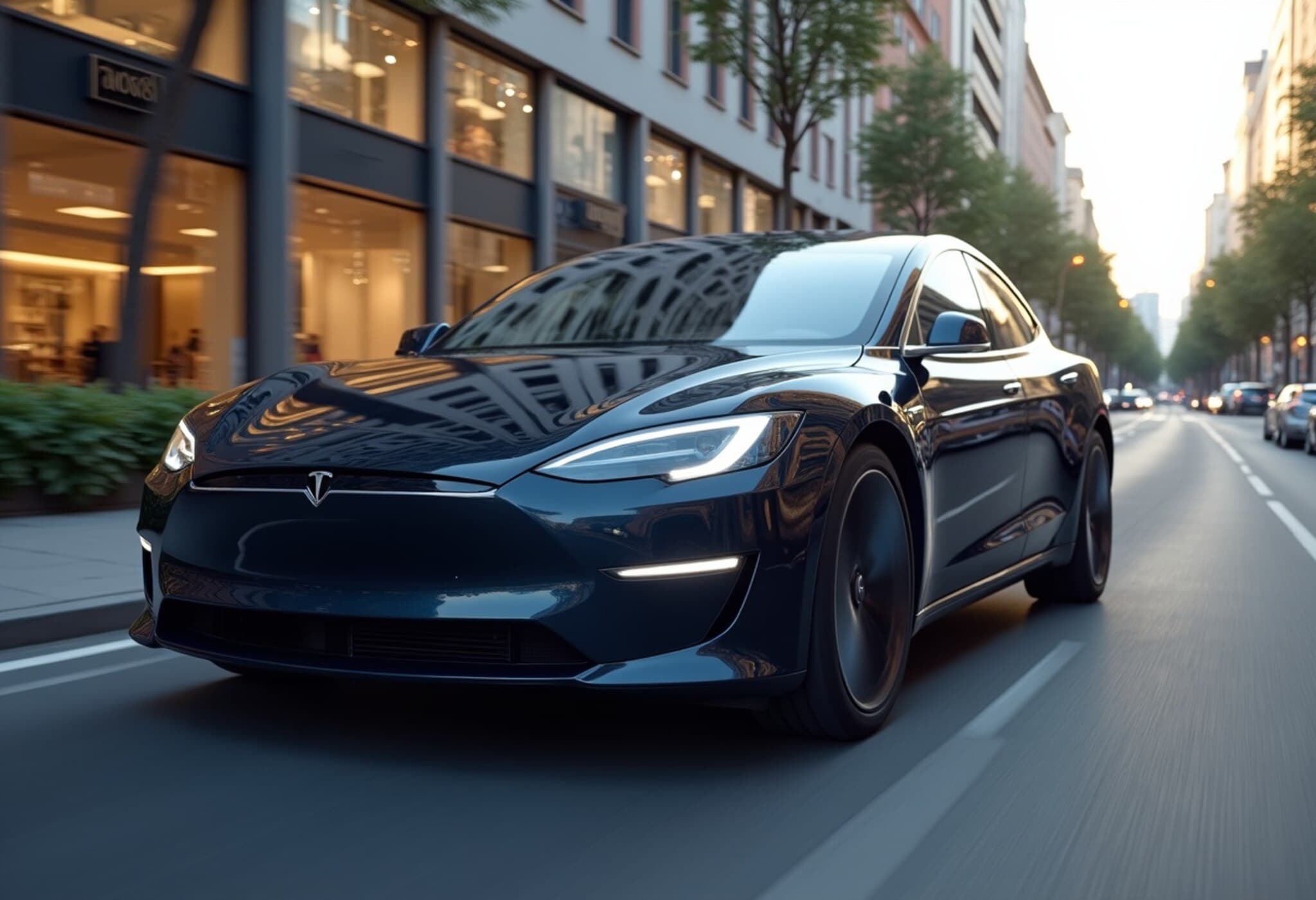Russia Backs India Amid U.S.-India Trade Tensions on Russian Oil Imports
In a developing international trade dispute, Russia has stepped forward to support India’s decision to continue importing Russian oil, pushing back against recent U.S. threats of increased tariffs. The Kremlin emphasized New Delhi’s sovereign right to choose its trading partners, signaling Moscow’s firm opposition to Washington’s tariff pressures.
Background: U.S. Targets India Over Russian Oil Purchases
The friction between the U.S. and India has intensified over New Delhi’s escalating purchases of discounted Russian crude. Former U.S. President Donald Trump recently warned that Washington would impose steeper tariffs on Indian imports if India does not curb its reliance on Russian oil. He has suggested raising tariffs beyond the previous threat of 25%, blaming India for indirectly fueling Russia’s military efforts in Ukraine.
During an interview on CNBC’s Squawk Box, Trump stated, “India has not been a good trading partner ... I think I’m going to raise that very substantially over the next 24 hours, because they’re buying Russian oil, they’re fueling the war machine.”
Kremlin’s Rebuttal: Sovereignty and Trade Freedom
After days of silence, Moscow officially responded through Kremlin Press Secretary Dmitry Peskov, who labeled Trump’s tariff threats as illegitimate attempts to coerce countries into severing ties with Russia.
“We believe that sovereign countries should have, and have the right to, choose their own trade partners and economic cooperation regimes that serve their national interests.”
This stance reflects Russia’s growing economic interdependence with India, particularly since the onset of the Ukraine conflict in early 2022.
India’s Defense: Calling Out Western Double Standards
India has fired back at the U.S. and the EU by highlighting their own continued trade with Russia. The Indian Ministry of External Affairs accused these Western nations of hypocrisy, saying their own transactions aren’t driven by vital national needs as India’s are.
India’s reliance on Russian energy imports has surged dramatically over the past two years. The U.S. Energy Information Administration reported that Russian crude supplied just 2.5% of India’s oil imports before the invasion—roughly 100,000 barrels per day—but by 2023, that figure ballooned to 39%, accounting for over 1.8 million barrels daily.
Global Implications: Navigating Geopolitics and Energy Security
This dispute highlights the complex chessboard of global energy markets intertwined with geopolitics. Western sanctions aim to undercut Russia’s oil revenues that fund its actions in Ukraine. Yet, major Asian economies like India and China continue purchasing Russian crude, benefiting from substantial discounts and pursuing their own energy security priorities.
Experts note that the clash underscores a broader tension between economic pragmatism and political allegiances. For India, balancing its partnerships—maintaining strategic relations with Russia while managing ties with the U.S.—remains a delicate act.
What’s Next?
- Tariff Escalations: Will the U.S. move forward with higher tariffs, and how will this impact bilateral trade beyond energy?
- Energy Diversification: Can India seek alternative suppliers, or does it prioritize cost-effective Russian oil amid global inflationary pressures?
- Diplomatic Relations: How will this affect the trilateral dynamics between the U.S., India, and Russia moving forward?
Investors and policymakers worldwide are closely monitoring these evolving trade tensions, recognizing their potential ripple effects across global markets and international alliances.
Editor's Note
As the U.S.-India tariff dispute unfolds against the backdrop of the Russia-Ukraine conflict, it exposes the nuanced balancing act nations perform amid competing economic interests and geopolitical pressures. India’s assertive stance on its trade sovereignty challenges the West’s punitive measures, raising questions about the effectiveness of sanctions in a multipolar world. This evolving scenario invites us to consider how energy security, national interests, and global diplomacy will reshape international trade frameworks in the years ahead.

